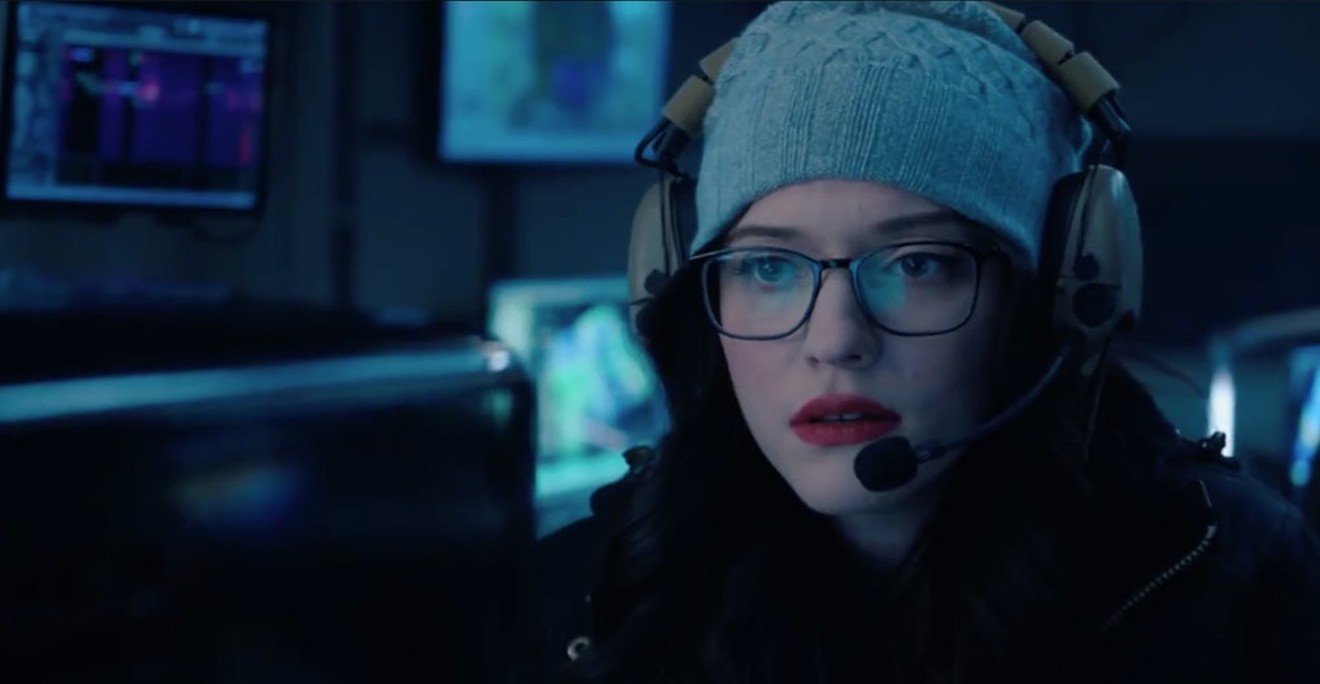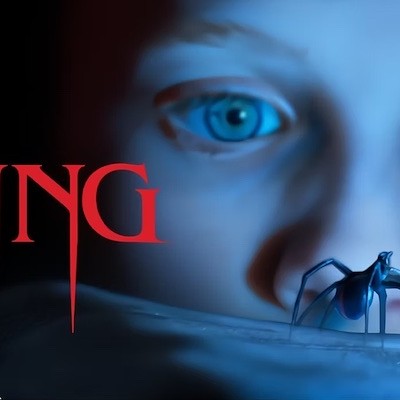Warning: Spoilers for Episode 4
Some fan out there has probably already guessed the main plot points of WandaVision, and that’s okay. If creators were more comfortable with that, maybe they would make better shows.
A lot of ink has been spilled over the ending of Game of Thrones and why it was so bad. The simplest explanation is that it was a show that became pathologically obsessed with outguessing its own audience. That’s why the “winner” ended up being someone who didn’t even want the stupid throne and the most popular character got stabbed by the second most popular character. None of these things made any sense, but they were surprises. Surprise is good, right? It means that you’re smarter than the audience.
No, it doesn’t, and Marvel has long thrown that sort of nonsense by the wayside. It’s one of the reasons that WandaVision works.
Anyone with a cursory knowledge of the comics guessed that Scarlet Witch and Vision were living in some sort of augmented reality because Scarlet Witch creates those more often than I create Doctor Who articles. When it was revealed in Episode 4 that this was exactly what was going on, there was a collective “I knew it” from fans of the source material and an equally triumphant “oh wow” from those that weren’t.
Neither side got cheated because the story wasn’t being written to thwart expectations. I’m certain that the show will continue in that regard. It’s okay if some fans guess right about the true identity of Agnes, or that the Grim Reaper is involved, or that the Big Bad is Mephisto. It’s okay if they don’t and learn it along the way. The show remains good just the same.
A good mystery is not defined by how surprising the ending is, but by how well crafted the clues are. When the answer is revealed, a person should be able to look back and see all the subtle hints that they might have missed the first time. Remember the ending of The Sixth Sense? The second it was revealed that Bruce Willis’ character had been dead the whole time the movie went into a montage of previous scenes that could have tipped off the audience.
A well-crafted story has to follow logic, even when its dealing with dead robots and magic stones. It has to earn its beats by trusting its audience and treating them with respect. I’d bet a huge number of people guessed that Tony Stark wouldn’t make it out of Avengers: Endgame alive. In fact, Vegas odds gave the possibility a one-in-four chance because it was a logical outcome to what had come before in the rest of the films.
If the last moments of Endgame had instead seen the sudden return of the Fantastic Four to defeat Thanos, it would have a surprise that caught everyone off guard, but it wouldn’t have been very good no matter how big a fan you are of Marvel’s First Family. Likewise, I have no reason to suspect the last moments of WandaVision will try to punish us for loving the show hard enough to theorize about it.
That’s what it comes down to when we talk about Game of Thrones. The ending was actively antagonistic to the idea of audience engagement to the point of self-destruction. Thus far, WandaVision has only rewarded us for loving the comics and being eagle-eyed when it comes to Easter Eggs that may hint at the future. Guessing the ending isn’t spoiling a magic trick; it’s part of the collective story-telling experience between creator and appreciator. WandaVison will surprise us, but it won’t try to trick us if the show thus far is any indication. Other shows should take note.
Support Us
Houston's independent source of
local news and culture
account
- Welcome,
Insider - Login
- My Account
- My Newsletters
- Contribute
- Contact Us
- Sign out

Darcy Lewis is watching Scarlet Witch on TV and overanalyzing it, and the show treats that as a good thing.
Screencap from WandaVision
[
{
"name": "Related Stories / Support Us Combo",
"component": "11591218",
"insertPoint": "4",
"requiredCountToDisplay": "4"
},{
"name": "Air - Billboard - Inline Content",
"component": "11591214",
"insertPoint": "2/3",
"requiredCountToDisplay": "7"
},{
"name": "R1 - Beta - Mobile Only",
"component": "12287027",
"insertPoint": "8",
"requiredCountToDisplay": "8"
},{
"name": "Air - MediumRectangle - Inline Content - Mobile Display Size 2",
"component": "11591215",
"insertPoint": "12",
"requiredCountToDisplay": "12"
},{
"name": "Air - MediumRectangle - Inline Content - Mobile Display Size 2",
"component": "11591215",
"insertPoint": "4th",
"startingPoint": "16",
"requiredCountToDisplay": "12"
}
]
KEEP THE HOUSTON PRESS FREE...
Since we started the Houston Press, it has been defined as the free, independent voice of Houston, and we'd like to keep it that way. With local media under siege, it's more important than ever for us to rally support behind funding our local journalism. You can help by participating in our "I Support" program, allowing us to keep offering readers access to our incisive coverage of local news, food and culture with no paywalls.
Jef Rouner (not cis, he/him) is a contributing writer who covers politics, pop culture, social justice, video games, and online behavior. He is often a professional annoyance to the ignorant and hurtful.
Contact:
Jef Rouner
Trending Arts & Culture
- Opinion: Jack Sparrow Was Never the Main Character
- Using Flashbacks and Direct Quotes From the Classic Book, Alley Theatre Presents Jane Eyre
- Top 5 Sickest Stephen King Sex Scenes (NSFW)
-
Sponsored Content From: [%sponsoredBy%]
[%title%]

Don't Miss Out
SIGN UP for the latest
arts & culture
news, free stuff and more!
Become a member to support the independent voice of Houston
and help keep the future of the Houston Press FREE
Use of this website constitutes acceptance of our
terms of use,
our cookies policy, and our
privacy policy
The Houston Press may earn a portion of sales from products & services purchased through links on our site from our
affiliate partners.
©2024
Houston Press, LP. All rights reserved.





